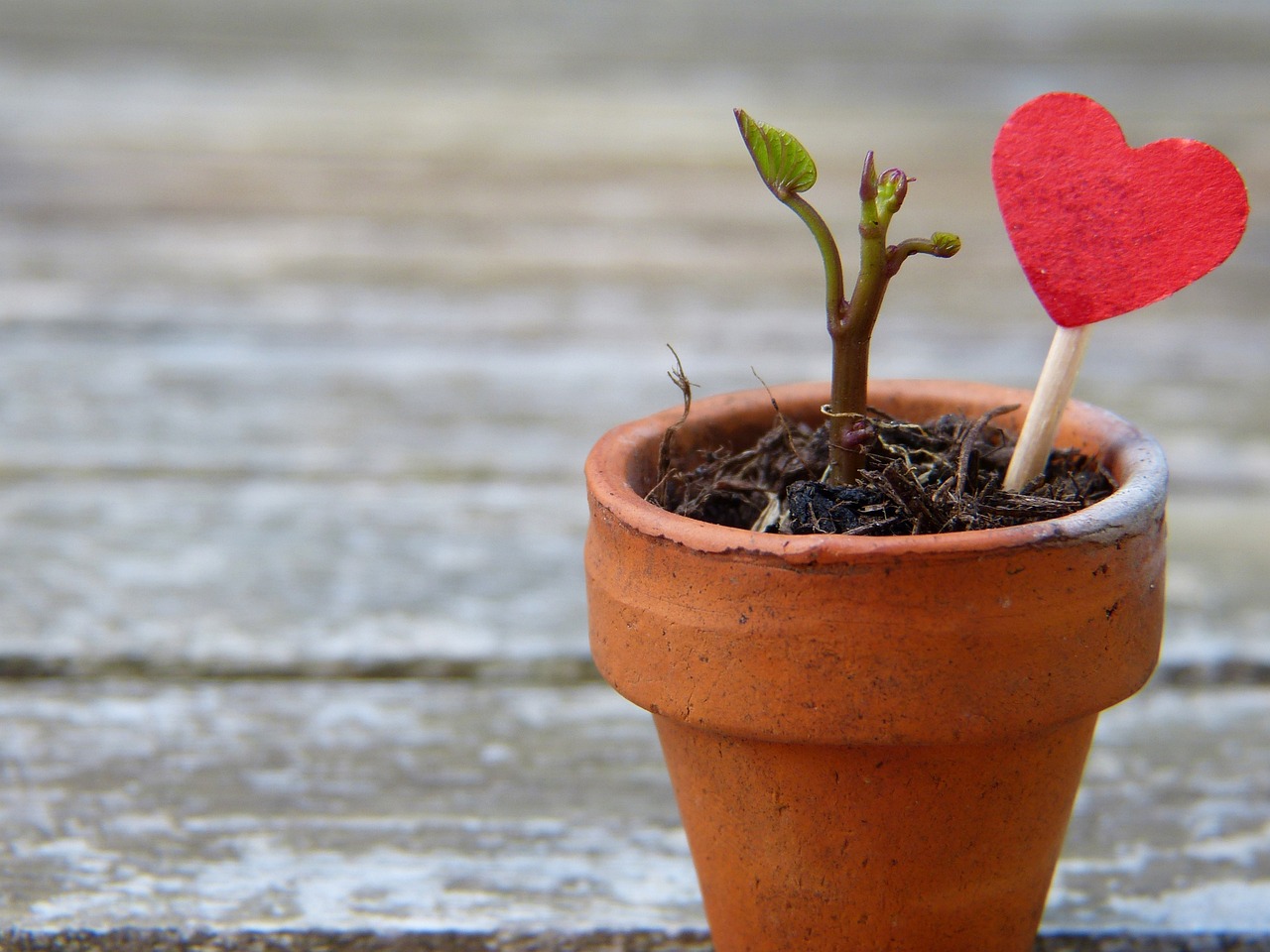The biggest loss in narcissistic abuse is yourself—your sense of self, who you are, and what you stand for.
Narcissists try to place you in an image they want you to be in, which often erodes your sense of self. They attempt to gaslight you into believing what they want you to believe about who you are.
Rebuilding your sense of self and self-esteem often takes years. Here are a few tips to help you rebuild your self-esteem.
1. Try to write down every compliments you have heard about yourself.
From the time you can remember, make a list of things people have appreciated you for, including things that people come to you for advice.
Narcissists only focus on what is negative about us, and in their company, we tend to focus on all things we are not. They project their insecurities onto us and tend to create new insecurities in us and bad beliefs about ourselves.
So it is important to remind ourselves of our good side—our strengths, what we are good at.
The more number of years you have had narcissists playing an important role in your life, the more you need to remind yourself of what you are good at.
2. Write down all your achievements.
Make a list of things you are proud of. What were you like during that time? What do you think helped you achieve them? What were the kinds of people around you during those times?
Look at the patterns that helped you achieve your goals. Try to take lessons from your past.
Narcissists often downplay our achievements or conveniently forget about them while constantly reminding us of our failures. Survivors of narcissistic abuse need to remind themselves constantly of how far they have come despite the narcissists.
Do not try to depend on validation from the outside. You should be fundamentally proud of who you are and your accomplishments. Even when nobody is there to pat your back, do it yourself.
Everytime you feel low, try to go back to this list.
3. Try Guided Meditations.
Meditation can aid in enhancing neuroplasticity and cognitive functions. Neuroplasticity refers to the brain’s capacity to adapt and create new pathways and connections in adulthood.
This adaptability of the brain, allowing it to change and develop in response to experiences, empowers individuals to rebound from setbacks and adversity, demonstrating resilience by bending without breaking.
Jessica Cassity discusses mindfulness meditation and its impact on neuroplasticity:
“With meditation, your brain is effectively being rewired: As your feelings and thoughts morph toward a more pleasant outlook your brain is also transforming, making this way of thought more of a default… The more your brain changes from meditation, the more you react to everyday life with that same sense of calm, compassion, and awareness.”
You can explore further information about neuroplasticity through the following links:
https://www.happify.com/hd/the-power-of-mindfulness/
http://iancleary.com/neuroplasticity-and-anxiety/
https://www.huffingtonpost.com/thai-nguyen/10-proven-ways-to-grow-yo_b_10374730.html
https://www.youtube.com/watch?v=tFbm3jL7CDI
https://www.psychologytoday.com/us/blog/heal-your-brain/201107/neuroplasticity-and-depression
4. Attempt to do things that narcissists told you not to attempt, if you are still interested in them.
Maybe they made fun of you for attempting your hand in something because you always wanted to try it. Try to pick that up as a hobby.
Try to do things they told you never can or actively discouraged.
Do things that you want to do or are interested in trying. It should not be for the narcissists or to prove to them anything.
Such attempts can help you understand how the narcissists try to take away your self-esteem. It will create a new sense of confidence in you.
5. Educate yourself on how to handle narcissists.
As they say, knowledge is power. Learn how to deal with different narcissists in different situations. This way, you are prepared for them to attack you. You must expect mistreatment and should not take it personally.
The more you learn about narcissism, the more you will be able to see how predictable narcissists are. This will help you not to take them seriously.
The more you can see through their nonsense, the more you preserve your self-esteem.
You can learn more about narcissism and how to deal with narcissists here.
6. Try to learn new skills.
Improving your abilities definitely boosts your self-esteem. This can also help in neuroplasticity.
You can explore further information about neuroplasticity and Implications for Learning through the following link:
https://www.frontiersin.org/articles/10.3389/fpsyg.2017.01657/full
After learning skills, if possible, try to monetize them. This way, you can quantify your efforts. Making more money or trying to be financially independent can help your self-esteem in a big way.
7. Self-Care for Self-Esteem
Self-care is the biggest form of self-love. Show yourself that you deserve love and respect. Give yourself time.
This is a way of showing that you deserve love. How you treat yourself can significantly improve your self-esteem. Do not depend on others for love or validation. Give it to yourself first.
Self care activities can include:
- A good long bath that can feel like a warm hug.
- A skincare routine.
- Physical activities that will benefit your mental and physical well-being, like hiking, a long walk in nature with your favorite music, yoga, and exercise.
- Creating a Personal Hygiene Routine. Hygiene habits can go haywire due to poor mental health from narcissistic abuse.
- Creating a sleep routine.
- Changing your environment a bit to make yourself more efficient.
“Caring for myself is not self-indulgence, it is self-preservation, and that is an act of political warfare.”
―
8. Try to do a new thing every day.
Try to do things you have a fear of doing. It doesn’t have to be bungee jumping or skydiving or something grand.
If you have social anxiety, it could be a small talk with someone. It could be taking a different route to the office. It can also be going to a different neighborhood for a walk.
It could be trying or cooking a new cuisine. It could be playing a new game. It could be even trying to learn a new word every day.
This practice can give you a sense of achievement as well as help you overcome your small fears, which can definitely boost your self-esteem.
9. Create a vision board.
Being goal-oriented and driven will give you a sense of purpose and, in turn, can boost your self-esteem. It can be an indicator of what you are capable of and why you wake up in the morning.
Put up images of what you want to achieve in a year, either on paper or online. Break them down into smaller goals and try to accomplish a small goal every day. Achieving these small goals can boost your self-esteem every single day.
Resources on how to create vision boards can be found below:
https://artfulparent.com/make-vision-board-works-10-steps/
https://jackcanfield.com/blog/vision-board/
https://www.mindbodygreen.com/articles/how-to-make-a-vision-board
https://www.youtube.com/watch?v=592nFPbw49I
10. Try to do something creative.
Oxford Dictionary defines creativity as
“The use of imagination or original ideas to create something; inventiveness.”
Start with things you have an interest in. For example:
- If you’re into fashion, try putting together a look for an event.
- If you’re into interior designing, consider redecorating your house or room.
- You can explore painting, floral arrangement, making music, writing, creating a new product for your business, or crafting artwork from scrap, among other creative endeavors.
Being creative helps you express yourself and helps you identify what you like or dislike. It can help rebuild your sense of self. It can reduce your stress and anxiety. It also helps in promoting neuroplasticity.
Being confident in expressing your likes and dislikes without seeking anybody else’s validation can help in boosting your self-esteem.
These are a few ways in which you can improve your self-esteem after narcissistic abuse. We hope these strategies can help you gain back your lost confidence.


